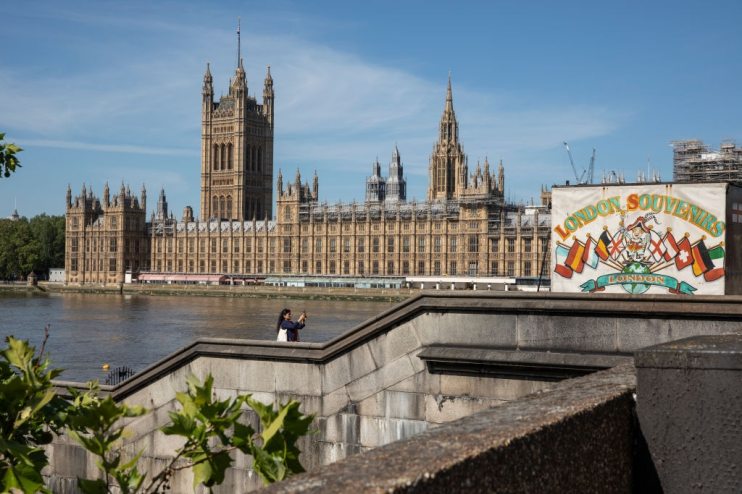Government is failing to incentivise chip manufacturers to remain on UK soil, say tech leaders

The government is failing to properly entice semiconductor companies to remain on UK soil, tech leaders told ministers yesterday.
Simon Thomas, CEO of Paragraf, a manufacturer of advanced semiconductors made of graphene, accused the Department of International Trade (DIT) of sending “mixed signals” and warned that the UK risks being side-lined as bullish efforts by the US seeking to woo semiconductor firms across the pond.
The DIT suggested that Paragraf, which makes the computer chips used in products such as electric vehicles, should outsource the assembly and testing of its products to businesses in Malaysia.
Speaking at a Department for Business, Energy and Industrial Strategy (BEIS) Committee, Thomas said he hopes that the business can continue to manufacture in the UK, but that there are “such mixed signals about what we can and can’t do in the UK… When I’ve got all these offers, even from the UK government, to go and do it elsewhere.
“There needs to be some form of incentive for businesses to site here.”
A report by Imagination Technologies and Global in May urged the UK government to focus on design instead of manufacturing, calling the onshoring of chip production a ‘red herring’ in terms of priorities.
But according to Thomas, the option to double down on design and support the UK’s ambition of being a ‘science superpower’ by 2030 “doesn’t exist” for them in the UK, due to a lack of skills and infrastructure which government agencies in the US have promised they would have access to if they took the leap.
Semiconductors, or computer chips, are used in much of today’s technology, including electric vehicles. However, they are currently in short supply due to a pandemic-era boom in buying electronics, which collided with isolation measures and supply chain disruptions.
Toni Versluijs, country manager for Nexperia UK, which manufactures silicon wafers in Manchester and Newport, said that “some enhancements could be made” to the government’s approach at incentivising semiconductor businesses.
Nexperia, which has invested £160m in the country over the past 15 months, makes the core components for the chips in the UK, before shipping them to the Philippines to be assembled.
Versluijs said it was a “combination” of cheaper labour and skill, and stamped out rumours that the company plans to shutter operations in the UK and move abroad in the coming months.
Nexperia UK, a Dutch firm owned by a partly-state backed Chinese company, is currently at the heart of a heated debate over whether it should be allowed to takeover a solely British semiconductor company, Newport Wafer Fab, on national security grounds.
Versluijs cautioned that customers and shareholders alike are growing frustrated with the pace at which the UK government is mulling the decision to green light the deal, after the newly imposed National Security and Investment Act gave ministers greater powers to veto or block deals which have the potential to threaten national security.
The tech boss suggested that a government task force could be formed to help companies, acting as a primary point of contact and keeping bosses, and consequently shareholders, informed of the UK’s unique opportunities for business.
“From a company point of view, you would always like to have one point of access, one point of address,” he said, adding that that would help speed up processes and access to critical capital, infrastructure and skills.